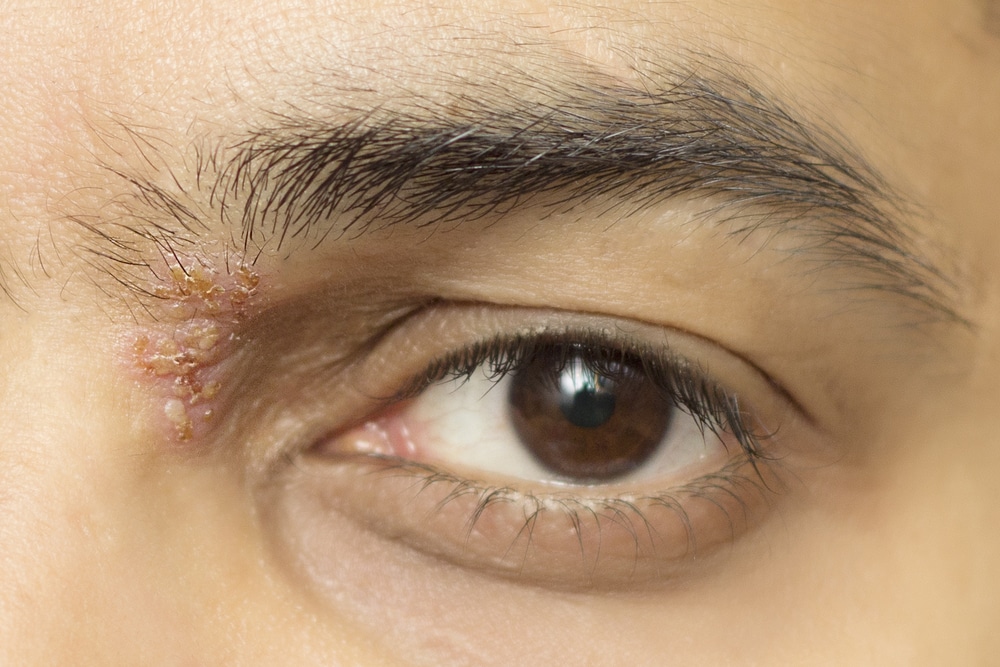
What is Shingles?
Shingles come from the Herpes Zoster virus. This is the same virus that causes chickenpox. The virus stays in your body once you’ve had it but becomes dormant. If it becomes active again, it can cause new symptoms and problems. If you had the virus as a child, then you are put at risk for developing shingles later in life. It is characterized by a painful red rash with blisters that can break open and scab over. The Herpes Zoster virus can be contagious and passed on to people who have not had the virus before. This condition can appear almost anywhere on the skin, but when the rash appears around the eyes, it can cause ophthalmic problems.
If you notice symptoms of a shingles rash around your eyes, then contact Boston Vision today to get treatment started.
Symptoms of Shingles
If the herpes zoster virus invades the eye, it can cause problems. Such problems could be:
- A breakdown of the surface of the cornea
- Dry eye
- Painful rash/blisters on the eyelids
- Pink eye (conjunctivitis)
- Bacterial eye infection
- Blurry vision
- Light sensitivity
- Iritis
- Swelling of the optic nerve
Who is at Risk for Shingles?
Herpes Zoster has a higher chance of becoming active again as you get older. Particularly, people over the age of 50 are more likely to have flare-ups. It can be due in part to the body’s natural aging process but also any condition that causes a weakened immune system. If you have any of these conditions, you can be more at risk for shingles:
- Illness or disease
- Fatigue
- Stress or anxiety
- Poor nutrition
- Chemotherapy
- Radiation therapy
- Certain medications, such as corticosteroids or cyclosporine
Preventing Shingles
There are a few ways you can prevent shingles, including the chickenpox vaccine and the shingles vaccine. By getting vaccinated, you can protect yourself against getting either of these conditions. These vaccines can be especially important for those with weakened immune systems.
Treatments for Shingles
Depending on the extent of the shingles and how much it has invaded your eyes, treatment will differ. Most treatments will focus on relieving the rash. These treatments may include oral medicine, cold compresses, or the use of eye drops to fight infection. If the shingles have caused other eye problems such as glaucoma, cataracts, eye scarring, or double vision, then other treatments may be necessary. Your ophthalmologist at Boston Vision will discuss these options with you.
Schedule a Consultation
If you have symptoms of shingles that have started to appear on your face, then you should seek ophthalmic treatment immediately to avoid any invasion of the eye. Our team at Boston Vision will help to treat your shingles to help relieve the symptoms and help you continue to see clearly. To schedule your appointment, book online with us to get started.





